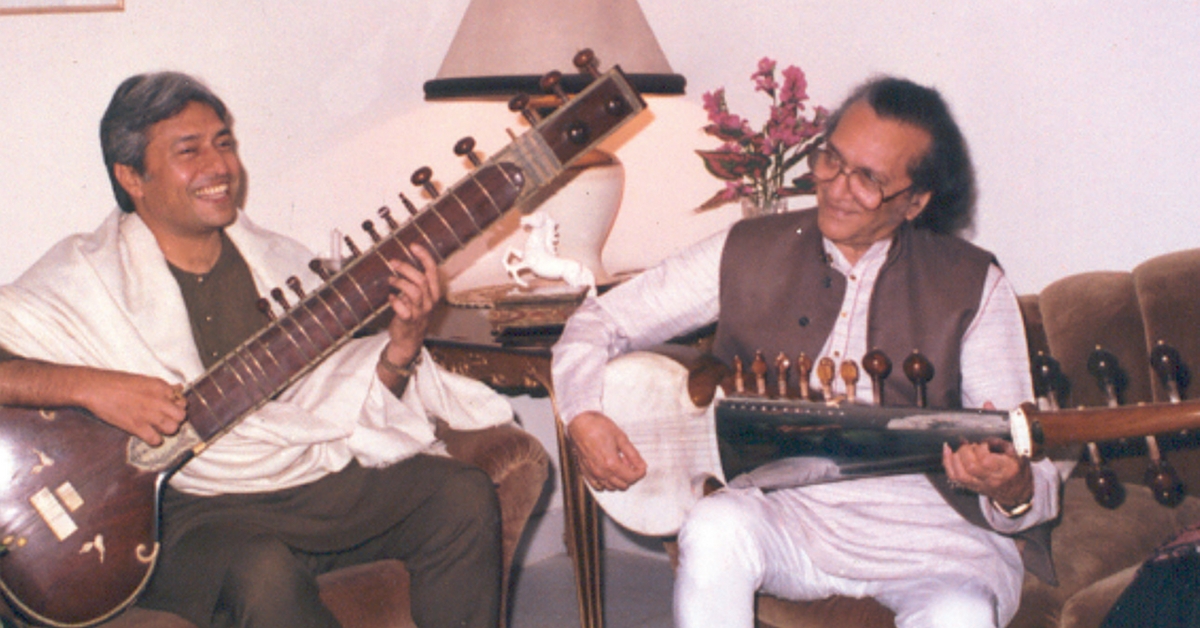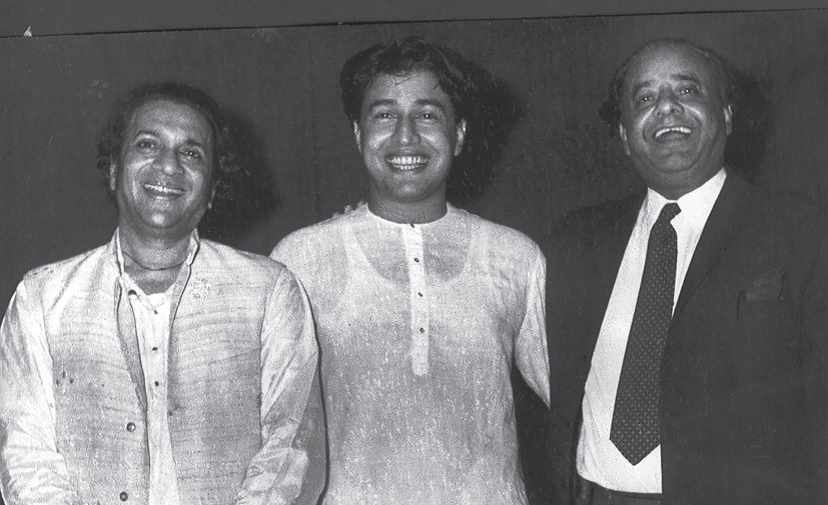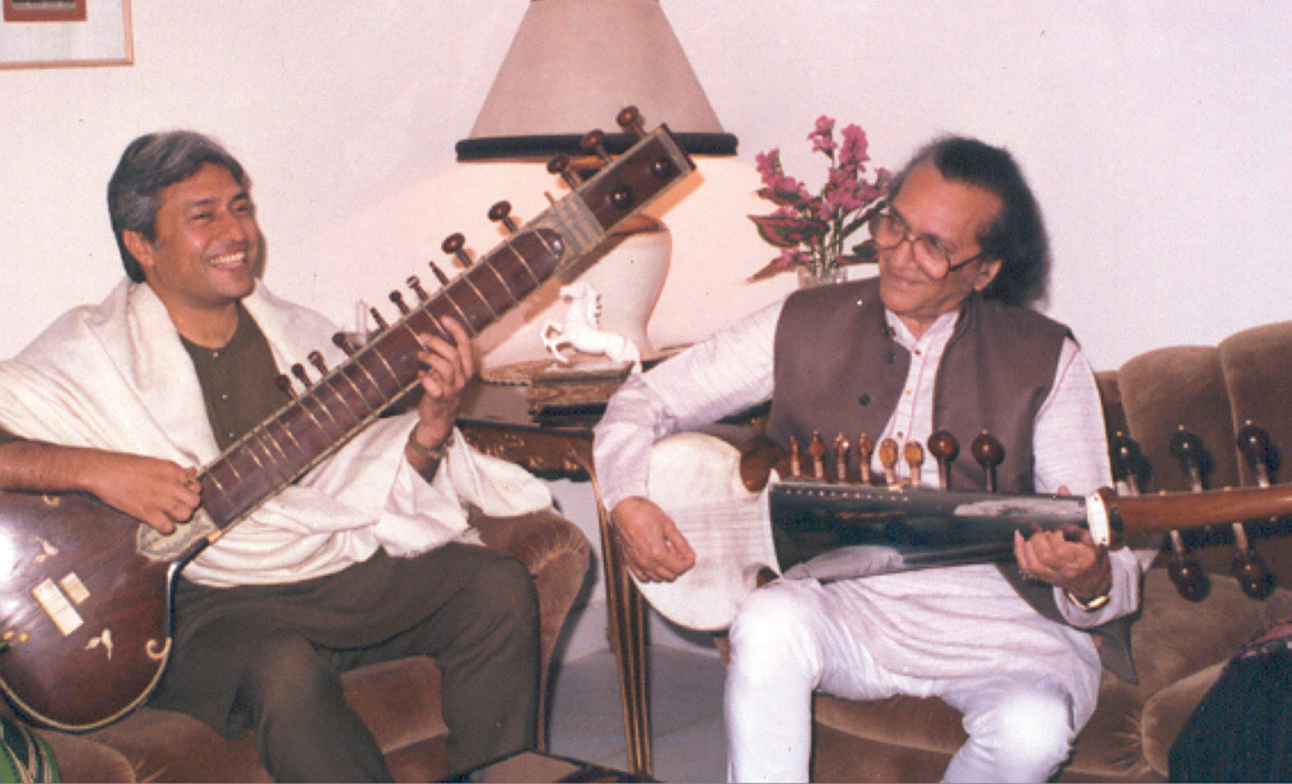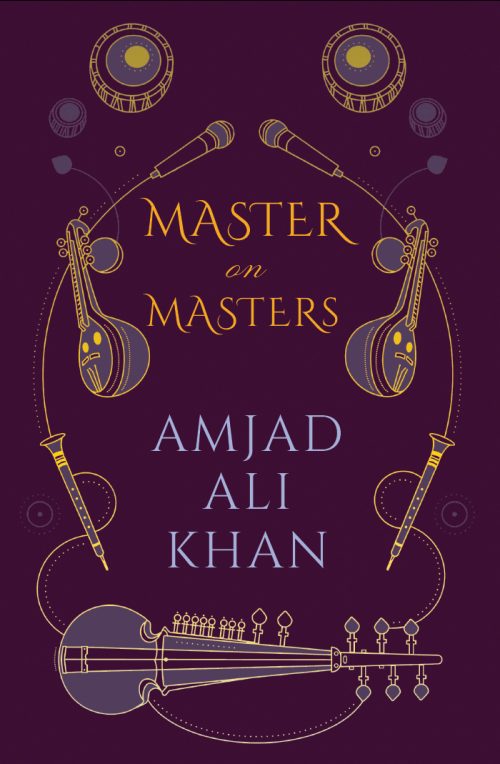TBI Blogs: A 1964 Concert in Calcutta with Pandit Ravi Shankar Changed Ustad Amjad Ali Khan’s Life
What happens when two music legends get together to play on the same stage? For sarod virtuoso Ustad Amjad Ali Khan, a joint concert with Pandit Ravi Shankar changed his life forever.

What happens when two music legends get together to play on the same stage? For sarod virtuoso Ustad Amjad Ali Khan, a joint concert with Pandit Ravi Shankar changed his life forever.
On several occasions, Raviji and I performed in the same music festivals. A particularly memorable incident took place at a festival in 1964 in Calcutta. It was the last day of the week-long Sarba Bhartiya Music Conference at Shyam Park. I was scheduled to play and the concluding item was a duet between Ali Akbar Khan Sahab and Ravi Shankar. Bhimsen Joshi was to perform in between. In the middle of the night, I received a phone call from the festival secretary Dhiren Mukherjee saying that Ravi Shankar and Ali Akbar Khan wanted to play before my concert and I should take a taxi and come quickly. I was a bit startled as I was unable to understand the reason for this. (They told the presenter that they had to catch a flight.) They were big stars at that time and my playing after them was unthinkable. Dhiren Mukherjee was my well-wisher; he wanted me to sit on the stage before the sarod and sitar maestros came. When I reached the pandal, there were about 7000 or 8000 people in the audience. Child artist and actor Daisy Irani was giving a Kathak performance. The moment she finished, Dhiren Babu pushed me on to the stage. Legendary tabla maestro Samta Prasad was accompanying me. When the curtain opened, I was still tuning, and I could see Raviji with his sitar on one side and, on the other side, Ali Akbar Khan Sahab with his sarod, standing in the wings and trying to catch my attention. I was a bit overwhelmed but I closed my eyes and started my performance. When I finished, both the musicians came on the stage soon after and immediately began playing a duet sitar-sarod recital. That concert was a turning point of my life.

Raviji and I had a very close relationship. He visited my residence in Delhi when my elder son Amaan was three months old. He also attended a few of my concerts in Delhi, Kolkata, New York, Los Angeles and Birmingham. He also performed twice for the Haafiz Ali Khan Memorial Trust, in 1977 at Rabindra Sadan in Calcutta, and in 1979 at Kamani Auditorium in New Delhi.

In 1984, a representative of UNI news agency came to me and said they had interviewed Ravi Shankar on a set of prepared questions, and wanted my views on the same. In response to one of the questions, Raviji had said young musicians should not go on the stage. I said exposure and encouragement at a young age is healthy for young musicians. If they are not good, the audience will reject them, but we must encourage young musicians to perform. To another question, he said that young musicians don’t do sadhana, while I said that sadhana is a relationship between the individual and God. I, however, was not aware of our contradictory statements at the time. Soon after this interview, I left for a two-month tour of the US. Meanwhile, our interviews became hotly debated in the national media, with headlines saying things like ‘Amjad flays Ravi Shankar’. It was blown out of proportion. I was in Ottawa when Ustad Zakir Hussain, who was playing tabla with me, told me that Raviji wanted to meet me. Before coming to Ottawa, Zakir Bhai had met Ravi Shankar somewhere in Canada. I admired and appreciated the fact that Raviji wanted to clarify things. However, as a mark of respect, I felt it was inappropriate on my part to have that kind of a conversation with him so we didn’t end up having a meeting on this matter.
Read more about Indian classical musical maestros in a deeply personal book by Ustad Amjad Ali Khan, Masters on Masters. You can buy the book here.
Like this story? Or have something to share? Write to us: [email protected], or connect with us on Facebook and Twitter.
NEW: Click here to get positive news on WhatsApp!
If you found our stories insightful, informative, or even just enjoyable, we invite you to consider making a voluntary payment to support the work we do at The Better India. Your contribution helps us continue producing quality content that educates, inspires, and drives positive change.
Choose one of the payment options below for your contribution-
By paying for the stories you value, you directly contribute to sustaining our efforts focused on making a difference in the world. Together, let’s ensure that impactful stories continue to be told and shared, enriching lives and communities alike.
Thank you for your support. Here are some frequently asked questions you might find helpful to know why you are contributing?


This story made me
-
97
-
121
-
89
-
167












